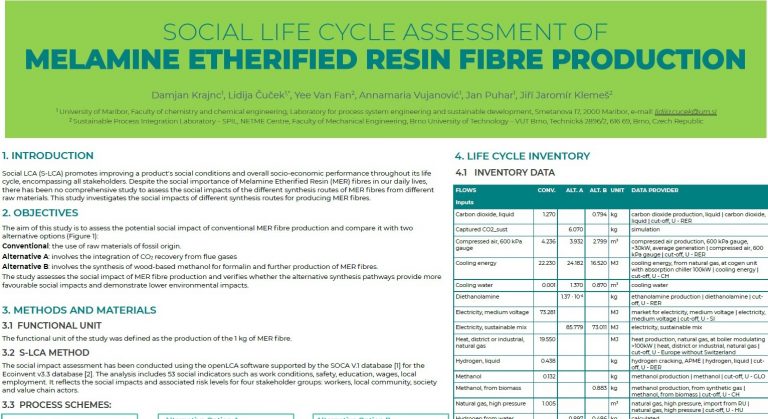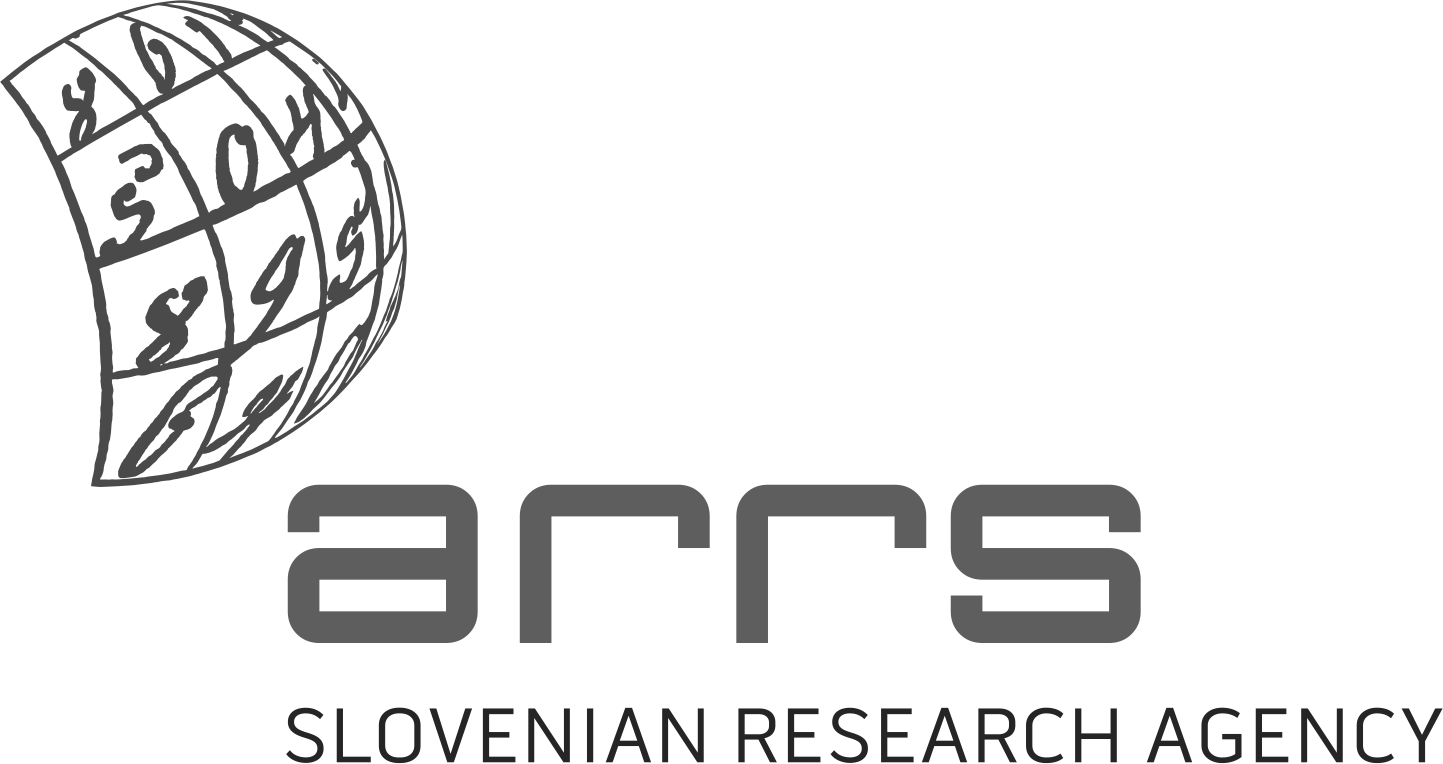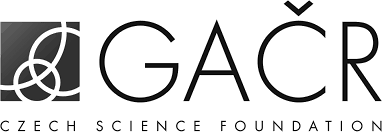Social LCA (S-LCA) promotes improving a product's social conditions and overall socio-economic performance throughout its life cycle, encompassing all stakeholders. Despite the social importance of Melamine Etherified Resin (MER) fibres in our daily lives, there has been no comprehensive study to assess the social impacts of the different synthesis routes of MER fibres from different raw materials. This study investigates the social impacts of different synthesis routes for producing MER fibres. The social impact of conventional MER fibre production is analysed by considering the use of raw materials of fossil origin. Two alternative options for producing MER fibres are assessed: Alternative A involves the integration of CO2 recovery from flue gases, while Alternative B involves the synthesis of wood-based methanol for formalin and further production of MER fibres.
The study assesses the social impact of MER fibre production and verifies whether the alternative synthesis pathways provide more favourable social impacts and demonstrate lower environmental impacts. The social impact assessment is conducted using the openLCA software supported by the SOCA V.1 database [1] for the Ecoinvent v3.3 database [2]. The analysis includes 53 social indicators and reflects the social impacts and associated risk levels for four stakeholder groups: workers, local community, society and value chain actors.
The results are expressed in the medium-risk hours-equivalent unit and compare conventional production with two alternatives. S-LCA results serve as additional sustainability metrics that often get less attention among the three pillars of designing sustainable MER fibre production.



